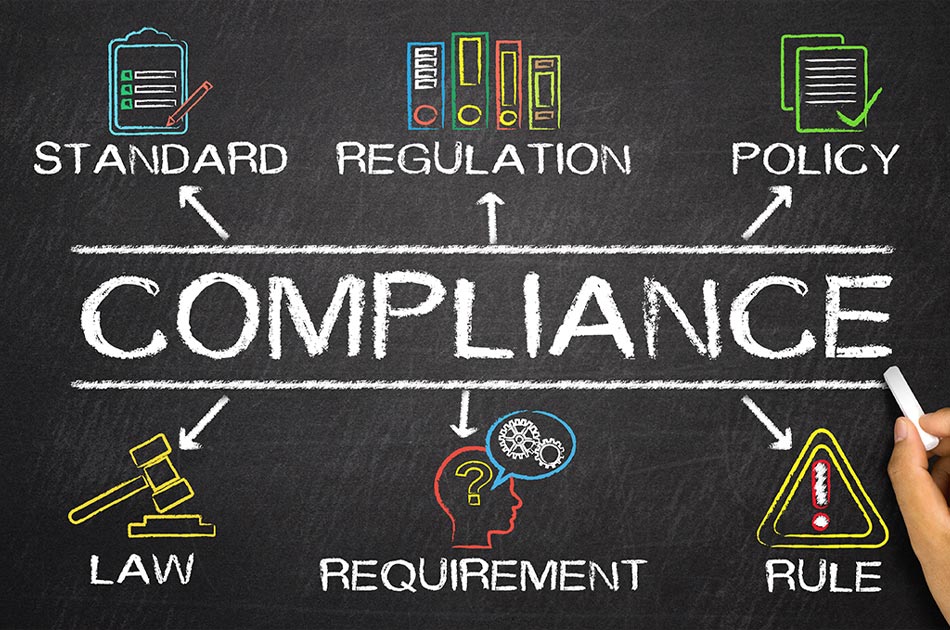The introduction of Name, Image, and Likeness (NIL) rights marks an entry point into a transformative era, placing athletic directors at the forefront of a significant shift. These directors are tasked with a critical balancing act: enabling student-athletes to explore and benefit from NIL opportunities while safeguarding the foundational principles of integrity and academic commitment within their programs.
As of October 4, 2023, there are 30 states and the District of Columbia that allow interscholastic athletes to receive NIL payments, according to the National Federation of High Schools: Alaska, California, Colorado, Connecticut, District of Columbia, Georgia, Idaho, Illinois, Iowa, Kansas, Louisiana, Maine, Maryland, Massachusetts, Minnesota, Nebraska, Nevada, New Jersey, New Mexico, New York, North Carolina, North Dakota, Oklahoma, Oregon, Pennsylvania, Rhode Island, Tennessee, Utah, Virginia and Washington.
This new responsibility requires a deep understanding of the legal and ethical implications of NIL, demanding a proactive approach to education, policy development, and enforcement. As NIL rights become increasingly integral to the student-athlete experience, the role of athletic directors evolves, emphasizing not just oversight but also visionary leadership in navigating the complexities of personal branding and academic rigor.
The athletic director’s ability to maintain this balance is pivotal, ensuring that the pursuit of personal gain does not compromise the educational and ethical standards that define scholastic athletics. This era calls for unwavering ethical oversight from athletic directors, who must champion the values of fairness, education, and integrity amidst the exciting yet challenging dynamics of NIL rights.
Navigate Academic Eligibility With Integrity
Athletic directors, positioned as the custodians of educational and athletic integrity, confront the intricate task of harmonizing strict academic eligibility criteria with the expanding landscape of Name, Image, and Likeness (NIL) rights. This delicate balance demands the implementation of multifaceted strategies aimed at nurturing student-athletes’ academic and athletic growth.
Key to this endeavor is the development of robust academic support systems. Initiatives such as tutoring programs, academic workshops, and mentorship opportunities are fundamental, ensuring athletes meet their educational milestones alongside their sports commitments.
In addition, cultivating an environment that prioritizes academic achievement is essential. This involves not only recognizing and celebrating academic successes in the same vein as athletic victories but also embedding the value of lifelong learning into the ethos of sports programs.
By adopting a holistic approach, athletic directors can facilitate a seamless integration of NIL opportunities with academic rigor, thereby empowering student-athletes to excel both on the field and in their scholarly pursuits. This comprehensive strategy underscores the evolving role of athletic directors in fostering environments where the pursuit of excellence is as much about intellectual achievement as it is about athletic prowess.
Strategies for Compliance Success
By remaining at the forefront of integrating NIL opportunities with academic rigor, athletic directors will require certain strategies to meet the compliance standards for with they are accountable.
This critical task involves developing robust compliance programs that provide clear guidelines on NIL engagement, tailored to protect the interests of student-athletes while promoting fairness within the competitive landscape of high school sports. Following are some strategies for achieving standards for compliance while also setting the state for NIL success.
- Develop Comprehensive NIL Policies and Guidelines: Tailor policies that are in sync with evolving state and federal regulations, ensuring they cover all aspects of NIL engagements, from endorsement deals to social media partnerships.
- Implement Educational Programs: Conduct workshops, seminars, and information sessions for student-athletes, coaches, and parents on the nuances of NIL, focusing on legal, financial, and ethical considerations.
- Utilize Technology Platforms for Monitoring: Deploy software solutions that facilitate the tracking of NIL agreements and compliance with academic standards, offering a transparent oversight mechanism.
- Foster Partnerships with Legal Experts: Establish connections with attorneys and legal advisors specializing in sports law to navigate the complex NIL landscape, ensuring policies remain current and protective of student-athlete rights.
- Create a Dedicated Compliance Team: Assemble a team focused solely on NIL compliance, equipped to manage agreements, conduct audits, and serve as a resource for student-athletes navigating NIL opportunities.
- Encourage Open Communication Channels: Promote a culture of transparency where student-athletes feel comfortable discussing potential NIL deals, seeking advice, and reporting issues.
- Regularly Review and Update NIL Policies: Stay informed on legislative changes and evolving best practices in NIL management, adjusting policies as necessary to remain compliant and effective.
These strategies represent a holistic approach to managing NIL opportunities, emphasizing education, monitoring, and proactive legal review to uphold integrity and fairness in high school athletics.










